A snapshot of the key funds, foundations and networks at the heart of the growing Indigenous philanthropy movement
Indigenous-led funds
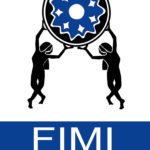 The AYNI Fund (FIMI)
The AYNI Fund (FIMI)
Launched in 2008, the AYNI Fund is one of several strands of activity led by the International Indigenous Women’s Forum (FIMI). AYNI is a Quechua/Kichua word meaning reciprocity, equality, and justice. The only fund directed by and for Indigenous women in Latin America, North America, Asia, Pacific, and Africa, it practices ‘an innovative intercultural philanthropy’, the object of which is to co-invest human, financial and other material resources with Indigenous women’s organisations and communities to achieve both their individual and collective human rights. It has three main lines of action: seeding and scaling up projects, the Indigenous Peoples Assistance Facility (IPAF), and the Leading from the South Programme.
http://www.lfs-ayni-fimi.com/eng
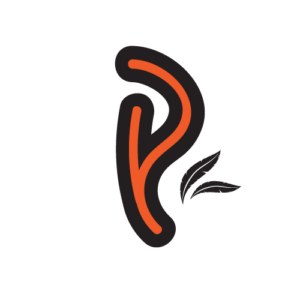 Fundo Podáali (Brazil)
Fundo Podáali (Brazil)
Formed in 2017, Fundo Podáali, the Indigenous Fund of the Brazilian Amazon, aims to support community mobilisation of the Indigenous Peoples of the region and strengthen their organisations, create access to resources for the Indigenous Peoples of the Amazon basin, to support projects which promote the participation of those Peoples in their own development and the management of their own territories, and to promote the conservation of the biodiversity of Indigenous territories.
Podáali means ‘giving without asking for a return’ in the language of the Baniwa people of the Amazon basin.
http://www.fundopodaali.org.br/
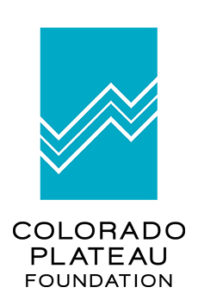 Colorado Plateau Foundation (US)
Colorado Plateau Foundation (US)
The Colorado Plateau Foundation (CPF) was created to support the lands, waters, and cultures of the Colorado Plateau region. Its mission is to connect the philanthropic community to on-the-ground initiatives by growing a sustainable supply of resources and providing grants that enhance the work of Native-led organisations on the Plateau. Grants are focused on capacity building for communities and organisations, and general support for long-term grantees. Since 2012, CPF has given nearly $2.2 million to over 75 Native-led initiatives.
https://tinyurl.com/colplatfoundation
Koondee Woonga-gat Toor-rong (Australia)
Launched earlier this year, Koondee Woonga-gat Toor-rong (KWT) is the first Aboriginal and Torres Strait Islander Community-led philanthropic fund to focus exclusively on the Australian state of Victoria. Its name means ‘to give jointly, to share together’ in the Woiwurrung language. Developed out of Towards a Just Society, an existing sub-fund of Australian Communities Foundation, whose members decided to move the fund to Indigenous control, KWT aims to create a distinctive Indigenous grantmaking practice, based around traditional cultural values and the principle of self-determination.
http://www.kwtfund.com.au
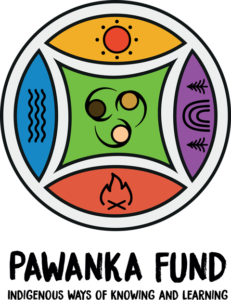 Pawanka Fund
Pawanka Fund
Established in 2014, Pawanka Fund is an Indigenous-led fund committed to the concept of intercultural philanthropy, based on ancestral practices of solidarity and reciprocity of Indigenous Peoples. The fund is steered by a Guiding Committee comprising leaders from the global Indigenous movement and has approved around 20 grants a year, ranging from $15,000-30,000, so far allocating 140 grants in 45 countries, in North America, Latin America, Asia, Africa, Arctic, Pacific, and Russia, to 104 local partners’ organisations, for a total of $3.75 million. The fund supports and links traditional knowledge, skills, stewardship of land and sacred sites, instruments, objects and cultural spaces recognised by communities, groups and individuals as part of their Indigenous cultural heritage.
http://www.pawankafund.org
Other donors
 Lush Fresh Handmade Cosmetics
Lush Fresh Handmade Cosmetics
Through its Charity Pot programme, Lush, which produces ethically-sourced cosmetics, provides grants to grassroots groups working on environmental justice, animal protection and human rights, a number of which are drawn from Indigenous Peoples. Grants go to registered and unregistered organisations, non-profits, Indigenous and community organisations with an annual revenue of $500,000 or less. Tricia Stevens, who manages Lush’s charitable giving and ethical campaigns for North America, is also on the board of the International Fund for Indigenous Peoples. Lush’s charitable giving arm also supports initiatives such as the Arctic Funders Collaborative.
http://www.lush.ca/en/charity-pot.html
 Tamalpais Trust (US)
Tamalpais Trust (US)
Created in 2012, Tamalpais Trust works closely with a core of Indigenous-led grant partners and advisers around the world. The trust and its partners are committed to supporting the development of Indigenous-led initiatives, organisations and global networks that promote and serve Indigenous cultures, economies, ways of life, values and knowledge, human rights, ceremonial practices, and which protect sacred waters and lands. Grant partners include the Indigenous People’s Alliance of Archipelago Indonesia, the Cultural Conservancy (US), FIMI and the Saami Council (Norway, Finland, Russia and Sweden). Grants are in the range of $100,000-300,000 per year and are typically multi-year and support long-term relationships.
http://www.tamtrust.org
 NoVo Foundation (US)
NoVo Foundation (US)
Through its Supporting Indigenous Communities in North America Initiative, NoVo Foundation aims ‘to help restore and strengthen Indigenous knowledge and life-ways as potentially transformative in addressing some of the world’s – and similarly, some of Indigenous communities’ – most pressing problems’. The initiative has five focus areas: Violence against Girls, Women and the Earth, Leadership of Indigenous Girls and Women, Indigenous Cultural Expression, Healing from Historical Trauma and Oppression, and Indigenous Education. The foundation also supports the Spirit Aligned Leadership Program which acknowledges and celebrates Indigenous elder women who are working to share and promote traditional wisdom in their own areas of work with their communities.
https://novofoundation.org
 Swift Foundation (US)
Swift Foundation (US)
Swift Foundation’s mission is to support ‘land and water stewards who protect and defend biocultural diversity and community-based resilience systems essential to a healthy planet’. It works with a small number of long-term partners, providing grants in the range of $20,000-100,000, access to networks and contacts and to other investment capital. Its main areas of work are biocultural diversity, Indigenous leadership and agroecology, with special attention to the promotion of Indigenous food sovereignty and the defence of territorial rights to land, water, seeds and food producing habitats. It is active in the Pacific north-west of the US, Ecuador, Peru and Colombia and among the North America Native networks and Africa-based food sovereignty networks.
https://swiftfoundation.org
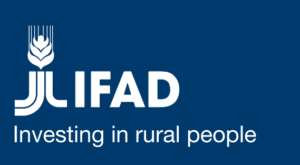 Indigenous Peoples Assistance Facility (Italy)
Indigenous Peoples Assistance Facility (Italy)
The Indigenous Peoples Assistance Facility (IPAF) is an innovative funding instrument whose objective is to strengthen Indigenous Peoples’ communities and their organisations. IPAF supports projects designed and implemented by Indigenous Peoples’ communities through grants ranging from $20,000-50,000 for a maximum of two years. Supported projects build on Indigenous Peoples’ culture, identity, knowledge and natural resources. IPAF is one of the instruments to implement the principles of engagement of the International Fund for Agricultural Development (IFAD) Policy on Indigenous Peoples. At the global level, IPAF is directed operationally and strategically by a board mostly consisting of Indigenous leaders. At a regional level it is co-managed and coordinated by regional Indigenous Peoples’ organisations as the implementing partners.
https://www.ifad.org/en
Philanthropic networks
 Arctic Funders Collaborative
Arctic Funders Collaborative
Arctic Funders Collaborative (AFC) is a network of funders that promotes more informed and effective grantmaking to support healthy Arctic communities and ecosystems. It leverages support for opportunities across the Arctic that advance land and water stewardship, capacity building for Indigenous Peoples, and community and cultural well-being. In 2018, a subset of its members established the Arctic Indigenous Fund, led by young Indigenous leaders from across the Arctic to distribute philanthropic funding in ways that better support the needs of Northern communities and align with existing Indigenous-led efforts and leadership shaping the future of the North.
http://www.arcticfunders.com
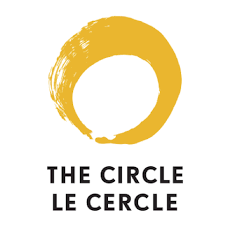 The Circle on Philanthropy and Aboriginal Peoples in Canada
The Circle on Philanthropy and Aboriginal Peoples in Canada
The Circle on Philanthropy and Aboriginal Peoples in Canada (The Circle) transforms philanthropy and contributes to positive change with Indigenous communities by creating spaces of learning, innovation, relationship-building, co-creation, and activation. With The Philanthropic Community’s Declaration of Action as a foundation, it works alongside Indigenous-led organisations, Indigenous-informed organisations, organisations with Indigenous beneficiaries, and philanthropic signatories of The Declaration of Action to encourage individuals and organisations to learn, acknowledge and understand more about reconciliation and the decolonisation of wealth.
https://www.the-circle.ca/
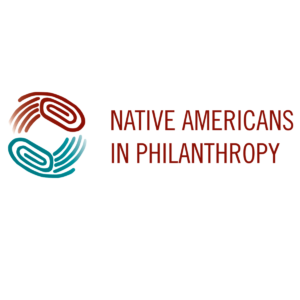 Native Americans in Philanthropy
Native Americans in Philanthropy
Native Americans in Philanthropy (NAP) is a membership organisation that promotes reciprocity with, and investment in, Native Peoples to build healthy and sustainable communities. It consists of Native and non-Native organisations representing a wide range of sectors, namely non-profits, foundations, tribal programmes, and community groups. NAP supports efforts in the areas of educating philanthropic organisations, fostering and growing Native non-profit leadership, and investing in data and research projects benefiting NAP’s mission. It facilitates convenings, offers trainings, and organises advocacy campaigns.
https://nativephilanthropy.org/
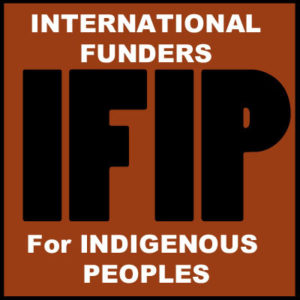 International Funders for Indigenous Peoples
International Funders for Indigenous Peoples
International Funders for Indigenous Peoples (IFIP) is the only global donor network dedicated to Indigenous Peoples worldwide. Rooted in partnerships that incorporate Indigenous values to re-frame funding relationships, IFIP advocates for increased funding to Indigenous Peoples and a new paradigm of giving based on ‘The Four R’s of Indigenous philanthropy’ – respect, reciprocity, responsibility and relationships. IFIP’s global community includes donors, Indigenous-led funds, philanthropic leaders, and organisations committed to Indigenous philanthropy. IFIP’s Learning Institute programme builds capacity for donors interested in learning how to strengthen, develop and adopt funding strategies and practices that respect Indigenous Peoples, their rights and incorporate values in what and how donors engage with Indigenous communities.
https://internationalfunders.org/
The United Nations Declaration on the Rights of Indigenous Peoples
The United Nations Declaration on the Rights of Indigenous Peoples (UNDRIP), was adopted on September 13, 2007 by the UN General Assembly. UNDRIP is the most comprehensive international instrument regarding the collective and individual human rights of Indigenous Peoples. Negotiated between Indigenous Peoples and states for more than 30 years, UNDRIP affirms a wide range of political, civil, social, economic, and cultural rights. Despite Indigenous Peoples being protected by the same human rights as all other Peoples, Indigenous Peoples continue to experience disproportionally high rates of human rights abuses. Full and effective implementation of the Declaration requires contributions by diverse actors from many sectors, including the philanthropic and donor community. As key actors working to promote equity and social justice, and the protection of the environment and human rights, funders must also partner with and fund Indigenous organisations and networks, as well as other national and international organisations focused on Indigenous Peoples’ issues.
https://tinyurl.com/UNDRIP
Free, prior and informed consent
A central concept in funding for Indigenous Peoples and one that underpins, either explicitly or implicitly, the work of these organisations is that of free, prior and informed consent (FPIC). This derives from the right of Indigenous Peoples to fully participate in decisions about the processes that directly or indirectly affect their lives. A corollary of FPIC is that there should not be coercion, intimidation or manipulation, that the time required for a consensus to emerge is respected and that accurate information is shared in ways that are available and intelligible to Indigenous Peoples (for example, appropriate translation). Participatory processes need to include young people and elders to ensure intergenerational transfer of knowledge and experience. A full and effective participation of Indigenous Peoples guarantees the sustainability and continuity of the initiatives.

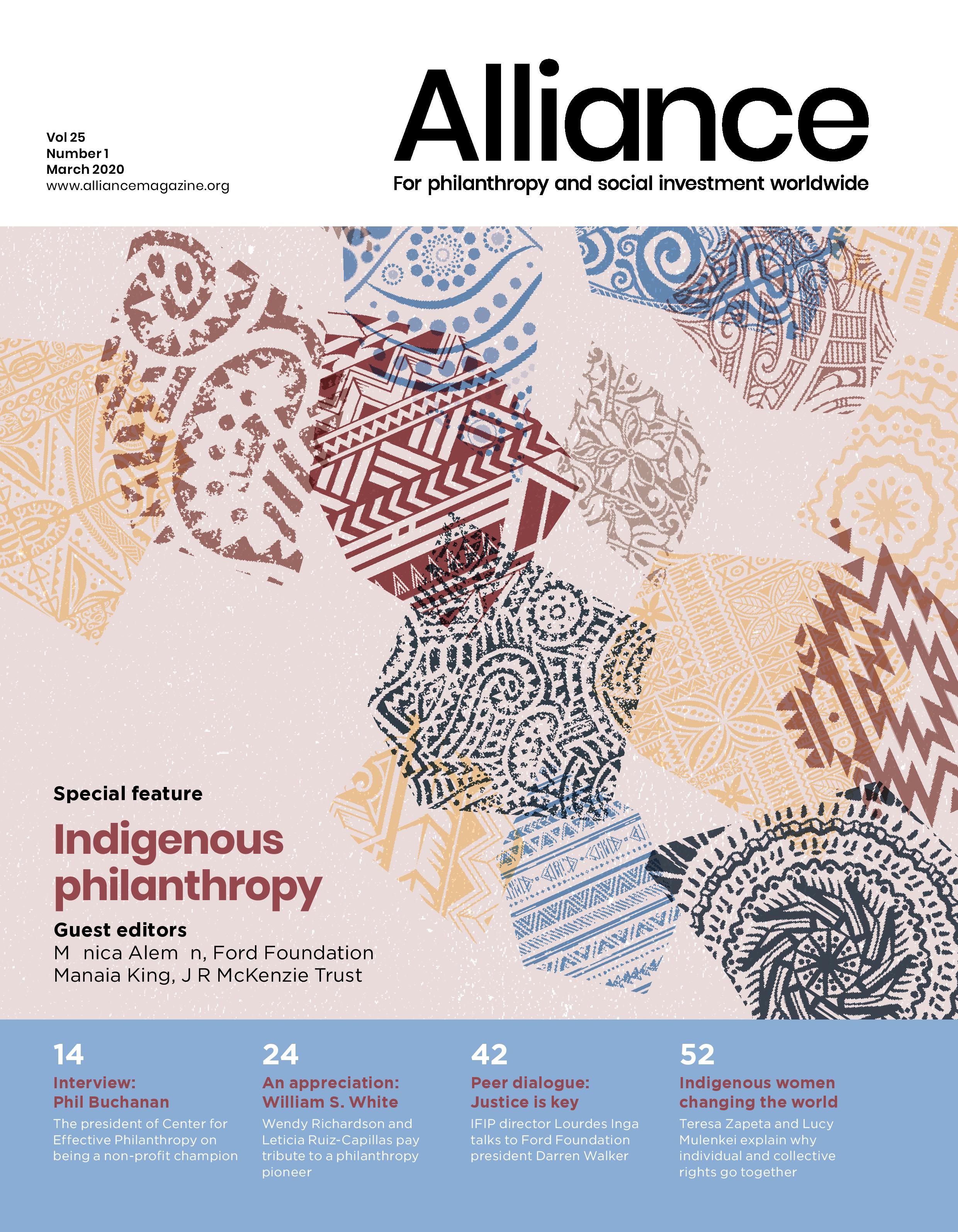



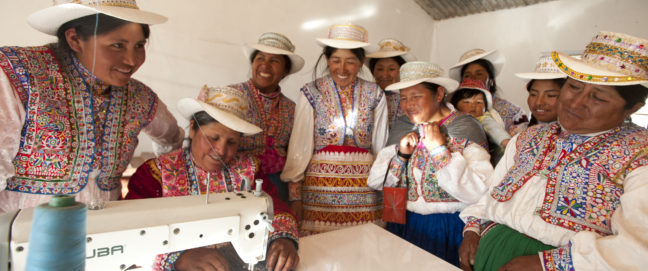
Comments (0)